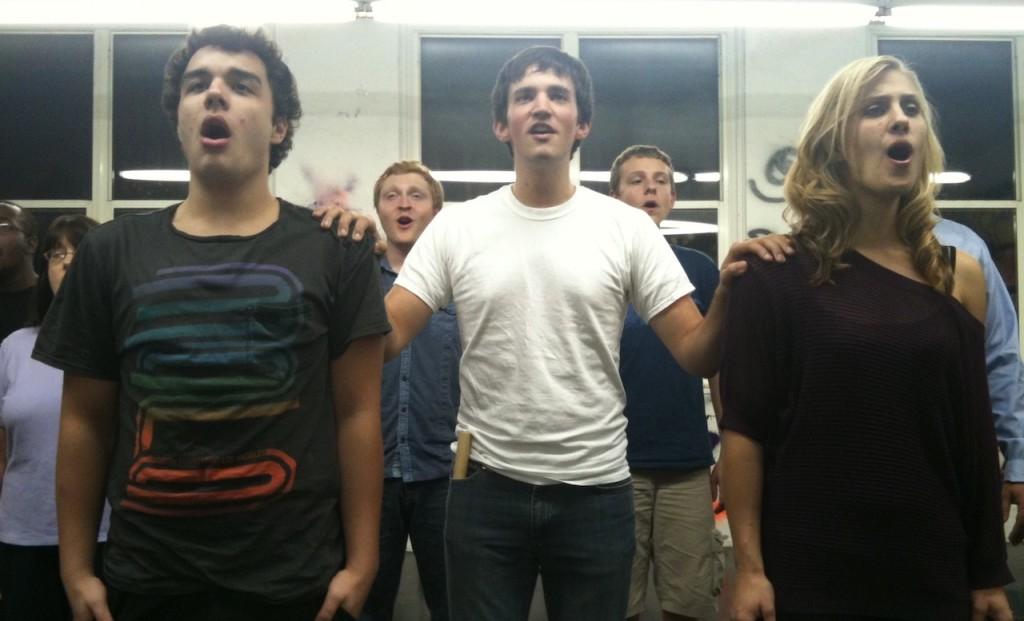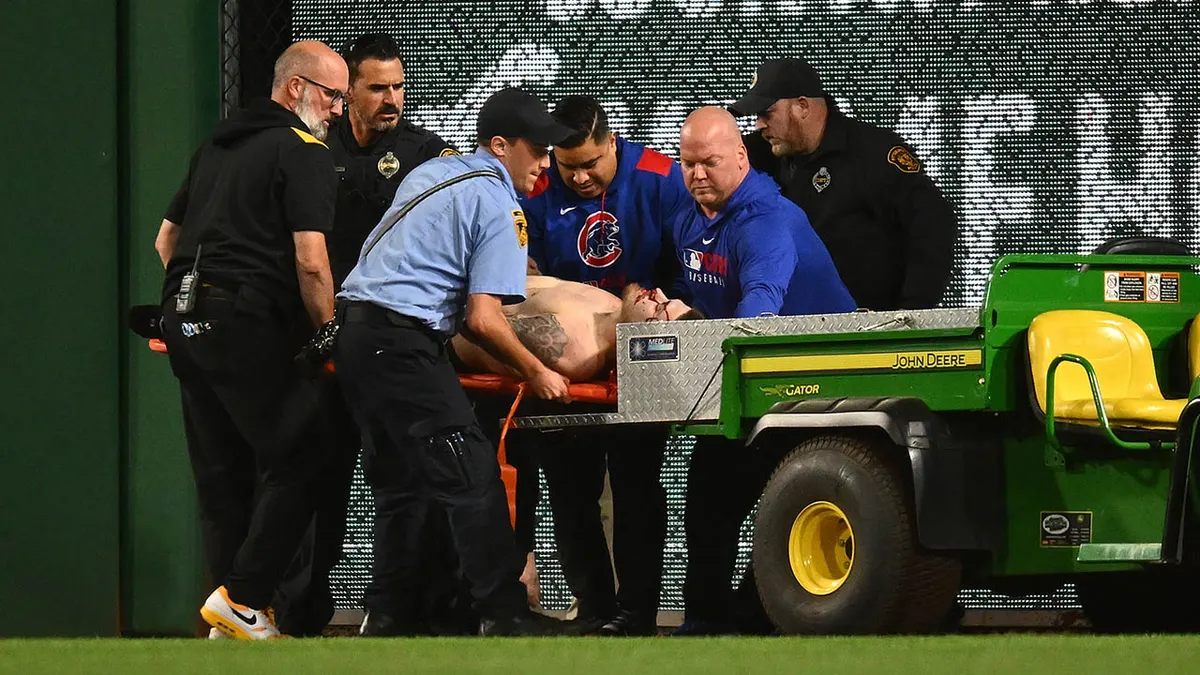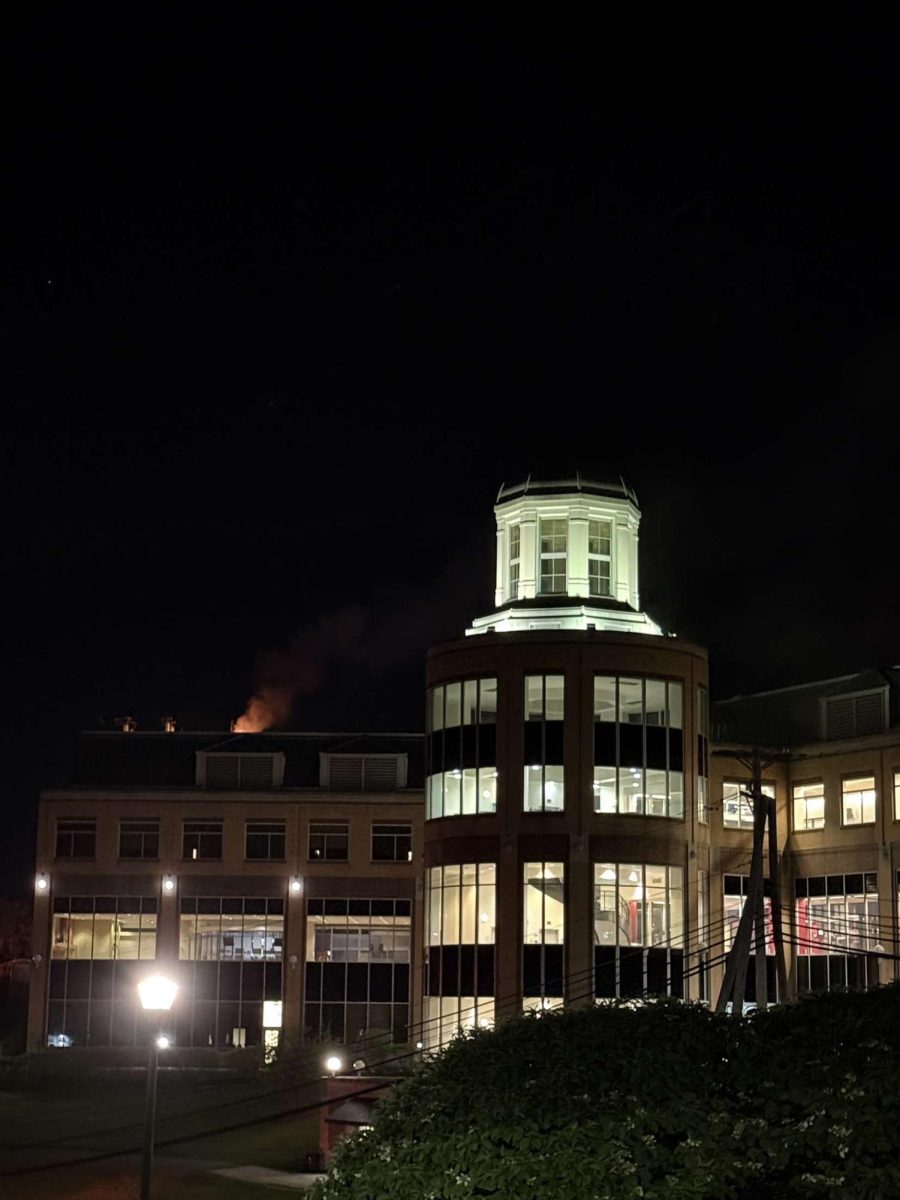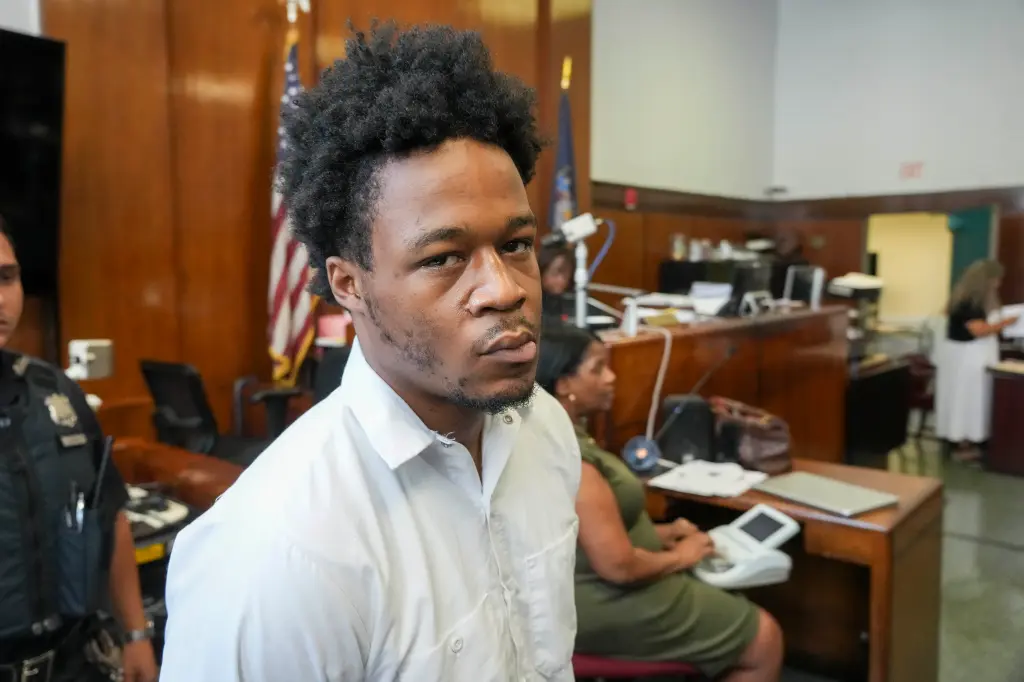Robert Morris University Colonial Theater’s fall production this year is “Spring Awakening,” running from Wednesday, Sept. 28 through Sunday, Oct. 2 at the Massey Theater on campus. This controversial Tony-Award winning musical featuring music and lyrics by Duncan Sheik and Steven Sater, respectively, is not for everyone due to its explicit nature.
Living in oppressive Germany in the 1890s, 11 teens begin to unravel the forbidden threads of pain, passion, anger, and most importantly, carnal knowledge, that is continually dismissed or ignored by parents and teachers. The girls especially long for enlightenment about what they cannot even name: sex.
Beautifully and hauntingly captured in the opening number, “Mama Who Bore Me,” all five leading females, Wendla; her friends, Anna, Martha and Thea; and the out casted Ilse, struggle with their child-like innocence.
Graduate student Ashley Reichl, who plays Anna and is an understudy for Wendla, as well as all of the adult female roles, which are currently played by Professor Barbara Burgess-Lefebvre, reflected upon character’s purity.
“[Anna’s] really naïve,” Reichl commented. “She really doesn’t know any better. She’s exposed to these dark things and is very unsure about everything. Wendla is like her, but knows she wants to learn things, whereas Anna is very on the fence about it.”
Kate Queen, an RMU graduate student playing Wendla Bergman, has a similar opinion about Wendla.
“She is very naïve but very unaware of her naivety. She thinks she views the words as an adult, but she still has a child-like innocence,” Queen said.
Wendla, who Queen also describes as having “an intense need to feel something,” rediscovers a childhood friend, Melchior Gabor. Melchior is a rebellious atheist who is considerably more knowledgeable about sex than his friends at school, including his best friend Moritz Stiefel.
Moritz, like the other boys, Otto, Georg, Hanschen, and Ernst, struggles with developing urges, captured in the rock anthem “(obscenity) of Living.”
Some of the boys are able to take control of their lives, while others spiral out of control. When the naïve Wendla and the educated Melchior reconnect, an intense passion develops, resulting in one of the most moving, or disturbing, depending on who you are, scenes of the entire play.
Although sex is a dominant motif in “Spring Awakening” and tragedy is throughout, there is hope.
“When you overlook all the tragedies and profanity in the show, there’s a really good message of new beginnings,” said freshman Robert Kowalewski, who is an ensemble member.
Dr. Ken Gargaro, the director of the production, offered another view.
“The message to the adults: Be honest with your children,” he said.
When the show was announced via Facebook in June, students had mixed reactions.
“It’s rare to perform a show like this right off Broadway,” said Queen.
Senior Logan Williams, who is the assistant director and playing Melchior Gabor, was a little less certain than his costar.
“It was going to be risky,” he said, referring to what some regard as controversial content, which includes profanity and explicit sexual scenarios.
One of the most well known scenes involves the seduction of Wendla by Melchior, leading to their first intimate encounter, which is accompanied by brief flashes of nudity from both characters.
Gargaro, wishes to console any who are worried about this scene.
“We’re not going to do anything to sensationalize it,” he explained.
Underneath the controversy, which many people refuse to look past, is a show that, as Gargaro states, honestly explores the complex issues and emotions of adolescence.
“Spring Awakening” puts the teenage mind center stage, allowing the audience, both young and old, to reflect on their own adolescence.
As Williams and many of his cast mates explained, “I don’t want people to be turned off because of the nudity and the swear words; I think everyone can relate to it. They can watch the show and think, ‘I know exactly how they feel.’”
“Spring Awakening” is different than many Broadway shows not only in regard to the content, but also in the staging. The show is almost like a concert, with the music representing the thoughts of the singers.
To further emphasize the change from what is spoken to what is thought, many of the scenes require the actors to sing into hand microphones, like traditional singers, in addition to concealed face microphones.
The set is also unconventional in that there isn’t much to it. Most of the scenes take place on a single platform. Surrounding this will be additional seating for audience members.
“It’s not a naturalistic play,” Dr. Gargaro explained, “We, [the audience], are always aware it is a show.”
When asked if there was anything she could say to convince people to see the show, Queen may have given the best answer.
“It’s beautiful,” she said. “There’s no way it can’t touch every single person. There is so much you can relate to if you let it speak to your heart.”
Tickets for students can be obtained in the Office of Student Life for $5. The price at the door is $10.









